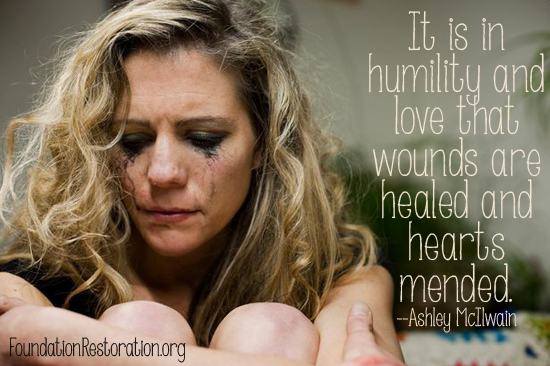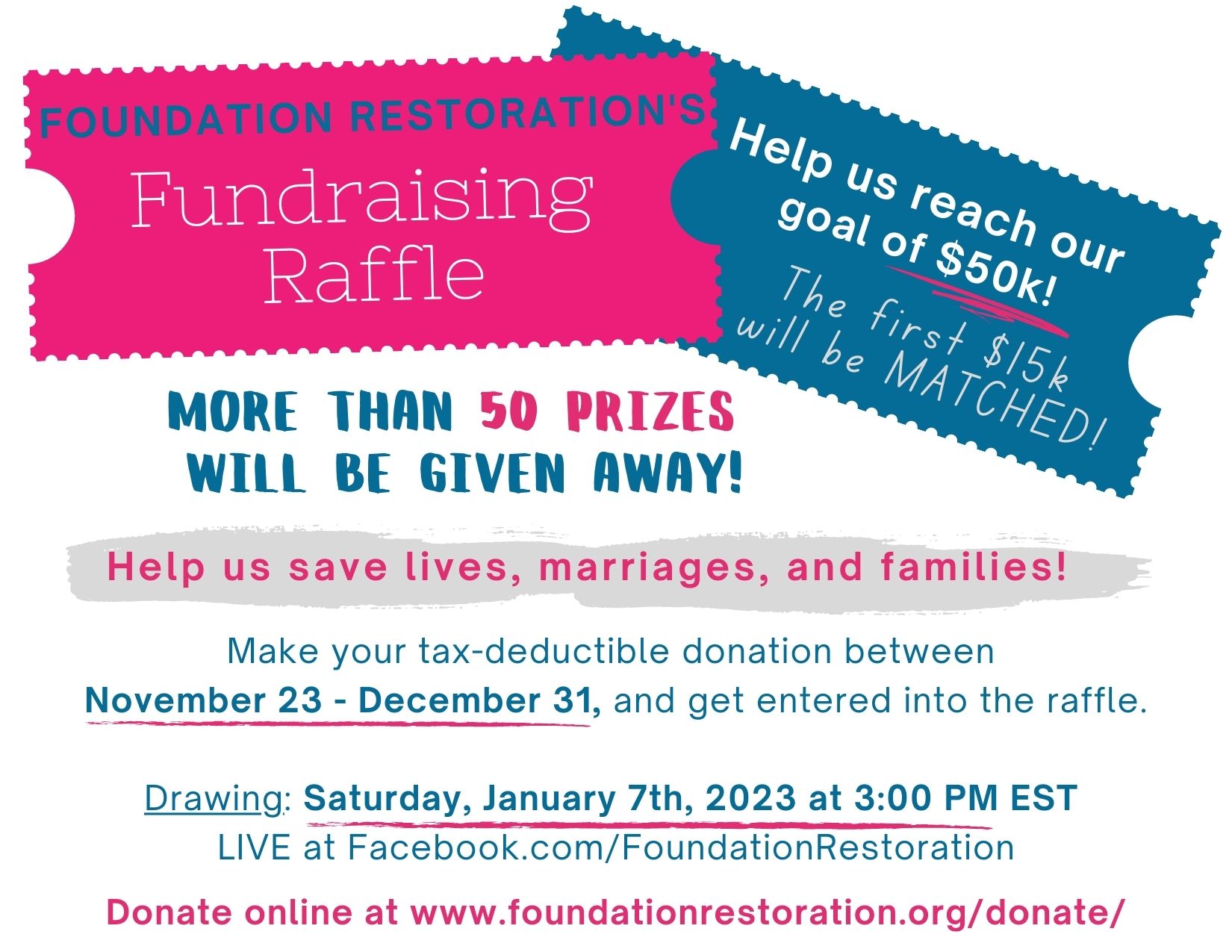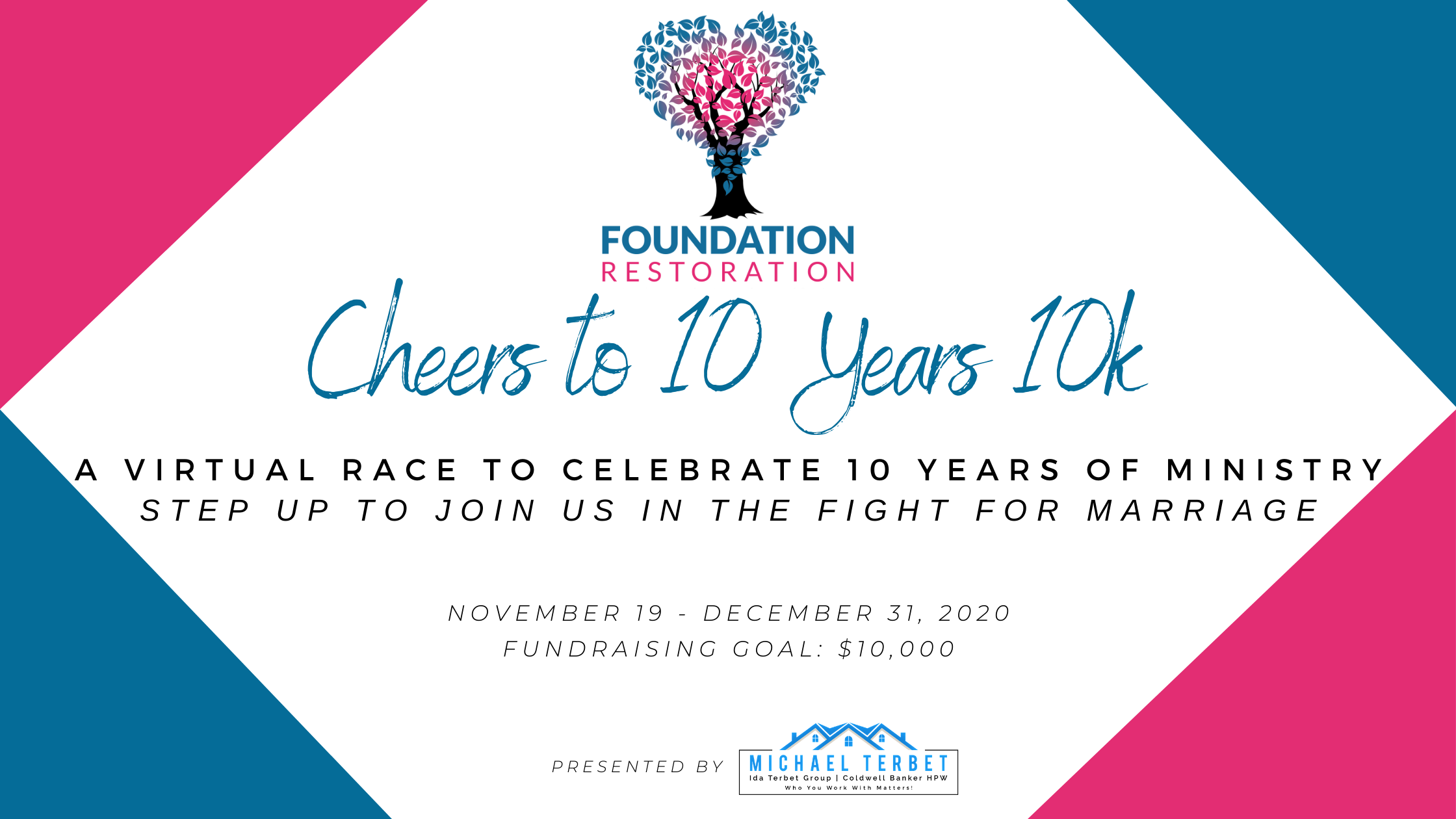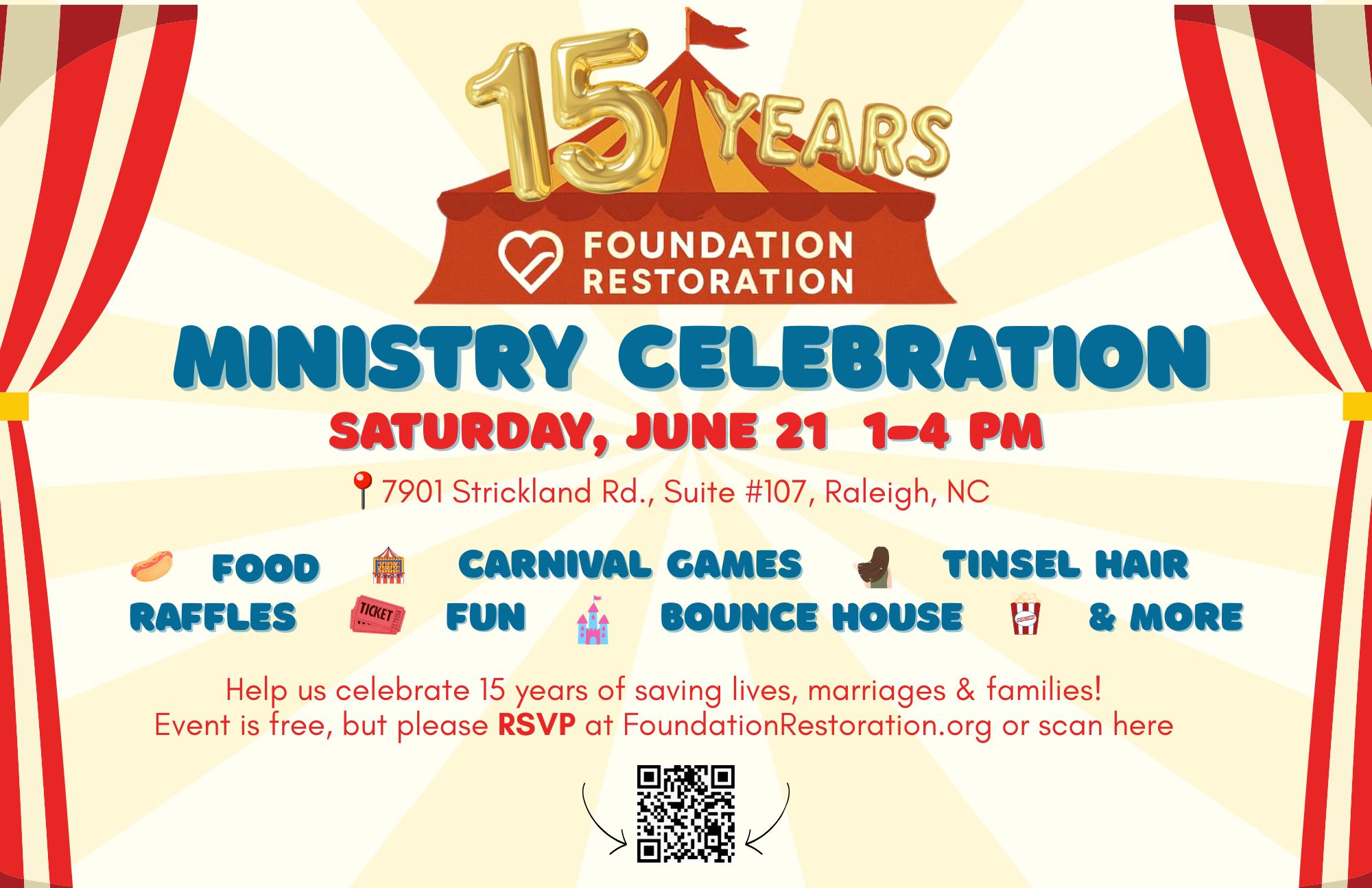By Ashley McIlwain
Let all bitterness and wrath and anger and clamor and slander be put away from you, along with all malice. Be kind to one another, tender-hearted, forgiving each other, just as God in Christ also has forgiven you. –Ephesians 4:31-32
If there is one guarantee in relationships, it is that you will hurt and be hurt. With absolute certainty, no matter if it’s a marriage, dating relationship, or a friendship, I can promise that you will hurt your spouse, significant other, or friend and he/she will hurt you. It is the inevitability of relationships.
We tend to avoid these situations because … quite frankly … they aren’t fun. No one likes conflict. It’s uncomfortable, frustrating, hurtful, and angering. Obviously we don’t want to go around intentionally hurting one another, but at the same time, we can’t ignore when there is a problem. A problem unresolved is cancerous to a relationship. It doesn’t just go away. It breeds resentment, bitterness, and contempt.
How are we going to handle the hurt of our loved one? The answer to that question is what will determine the course of your relationship or friendship.
There is no better time to demonstrate selflessness and love than in times where someone you love is hurt. No relationship is perfect, so there will be times where one or both of you involved will be hurt. Someone will feel wounded by an action or lack thereof, something said will cut deep, feelings will be hurt, or one of you will feel like you’re giving more than you’re receiving. In those moments of conflict, pain, and confusion, how we choose to handle it makes all the difference.
Do we lash out to hurt because we’re hurt? Do we blame the other person and refuse to take responsibility? Do we dig in because we’re more concerned with being right than being loving? Do we refuse to acknowledge the other person’s pain because we only care about our own? Do we neglect to apologize because we’re too prideful? Do we choose being stubborn over being gracious? Do we put ourselves and our “weapons” aside for a moment to care for the wounds of our loved one?
When we choose to seek “justice” instead of forgiveness and love, the relationship suffers. When we’re selfish, prideful, and hurtful, we really are only hurting ourselves in the end because we will ultimately lose that person that loves us. Someone saying they are hurt by you is also them saying they care about you. When we dismiss their hurt, we dismiss how they care for us too. When we refuse to be selfless and humble, we communicate to that person that they aren’t important or loved. We teach them that we can’t be trusted with their love.
If a loved one approaches us with a hurt, it’s so vital to resist the pull toward selfishness and being “right.” It is in that moment that we have the greatest opportunity to demonstrate love. When we choose that path, the relationship thrives rather than dies. The roots of love and friendship grow deeper and stronger.
There are three important components to handling the hurt of a loved one:
- Acknowledge: Truly listen to what it is your loved one is communicating. Don’t try to solve the problem. Maintain eye contact and give them your undivided attention. Where have they been hurt? Listen for that. Most importantly … do not be formulating your defense or rebuttal. This isn’t about arguing your case to secure the win. This is about hearing your loved one’s hurt and acknowledging that. Not making their pain somehow about you but allowing it to be about them. Listen for what it is they are hurt about, and acknowledge that. “I hear you saying that you’re hurt that it didn’t feel like I cared when I …” Acknowledging someone’s hurt is the first step in mending that wound. Proverbs 4:7 says, “The beginning of wisdom is this: Get wisdom. Though it cost all you have, get understanding.” Seek understanding as it is wisdom. Why is your spouse, friend, significant other, family member hurt? Listen and acknowledge.
- Empathize: As human beings we long to feel understood and cared for. We want to know that someone “gets it.” In resolving an issue and connecting with someone, empathy is an absolutely imperative part of the equation. We need to be able to acknowledge the hurt, and then enter into that with them. “I can see how deeply hurt you are by that, and I understand. It makes sense why that would be hurtful to you.” Whether we completely understand or agree with someone feeling the way they do, it is how they feel. It’s reality to them. When we empathize with that pain and hurt, the healing begins. It is in the empathy that the restoration happens.
- Apologize: No one is ever 100% right. The reality of relationships is that we hurt one another. We don’t always handle things perfectly. We mess up. We say and do the wrong thing. We make the wrong choices. In every single situation there is some room to apologize. Sometimes it’s just that the other person was hurt because of their own insecurities or struggles, and you hit a nerve, even if that wasn’t your intention. “I’m sorry that by me saying that it made you feel that way. I didn’t intend it that way, but clearly it hurt you. I am truly sorry for that.” Other times, we are largely at fault for the situation and need to take more responsibility. “You know what? I can see how I really messed up here. You’re right. Because of my choice to _____, I deeply hurt you. I am so sorry. Will you please forgive me?” Taking personal responsibility and apologizing is one of the hardest things for people to do. We gravitate toward dismissing how someone feels and jumping in to defend ourselves. An apology takes humility and courage. It is a non-negotiable if you want a relationship to heal.
When someone we profess to care about comes to us hurting because of something we did or said, we have a choice. To attack, making the wound more severe and life threatening. Or to mend, strengthening the relationship along the way. The choice we make in that moment makes all the difference in the world. It is what determines whether that relationship will make it or not.
Likewise, if we are hurt, we can’t sit and seethe over it. We must go to our loved one and tell them that we are hurt and why. Give them the opportunity to be the one doing the mending. A problem unspoken is a problem unsolved. When we reach out in honesty to let our loved one know that we are hurting, that is when they can offer their love and apology. They can’t fix something they don’t know is broken.
If someone we love exposes their heart to us, and we stick a dagger in it because we are too stubborn and prideful to recognize their pain, we will eventually kill the relationship. When we’re only concerned with being right, everyone loses. It is in humility and love that wounds are healed and hearts mended.

Therefore if you are presenting your offering at the altar, and there remember that your brother has something against you, leave your offering there before the altar and go; first be reconciled to your brother, and then come and present your offering. –Matthew 5:23-14
Copyright © 2014, Foundation Restoration. ALL RIGHTS RESERVED. No reproduction allowed without written permission from Foundation Restoration and/or the author.






Wow, what an article! This is such great insight regarding a very difficult, painful topic.
Thanks Steve!
This was a great piece. It really pointed up to me that I too often go into rebuttal/defense mode and literally crush my spouse and complicate things. Thanks for the insights, Ashley.
Rick, thanks for sharing your thoughts and encouragement! We all tend to go into defense mode, but if we can hold that at bay, we hear the heart of our spouse and they hear ours.
Can u help someone that really hurt someone they love bad? But where to selfish an ignorant to recognize it?